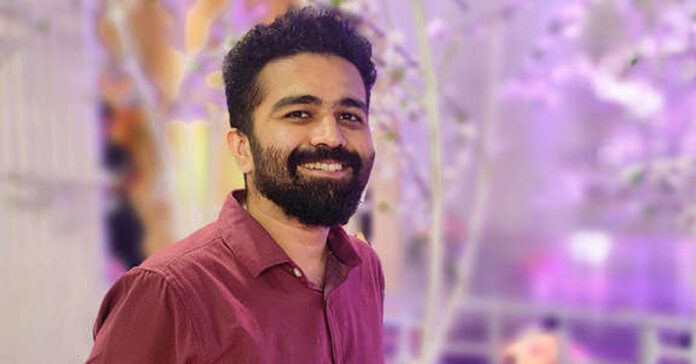An Indian PhD student at the University of Cambridge has solved a 2500 years ago grammatical problem that has confounded Sanskrit scholars since the 5th century BC, according to his study, which was published on Thursday.
Rishi Atul Rajpopat, 27, is a PhD student at the faculty of Asian and Middle Eastern Studies in St. John’s College, Cambridge.
Mr. Rajpopat is said to have decoded a text written by Panini, a master of the ancient Sanskrit language. Who was alive around two and a half thousand years ago.
Leading Sanskrit experts have called Rajpopat’s discovery “innovative”. And it could now mean that Panini’s grammar can be taught to computers for the first time.
“I had a eureka moment in Cambridge”. I would be almost ready to give up after nine months of trying to solve this problem. So I put the books away for a month and spent it swimming, cycling, cooking, praying and meditating. Next I returned to work and as I turned the pages, these patterns began to emerge and it all began to make sense. “There was still a lot of work to be done, then I’d found the most important piece of the puzzle”, said the 27-year-old scholar.
"I had a eureka moment at Cambridge!"
The world's greatest grammatical puzzle that had defeated scholars for centuries has been cracked by #Sanskrit PhD student @RishiRajpopat.
Read how he did it 👇@stjohnscam @CambridgeFames @HCI_London
— Cambridge University (@Cambridge_Uni) December 15, 2022
ALSO READ: Patna University attendance circular becomes Subject for Meme artists


